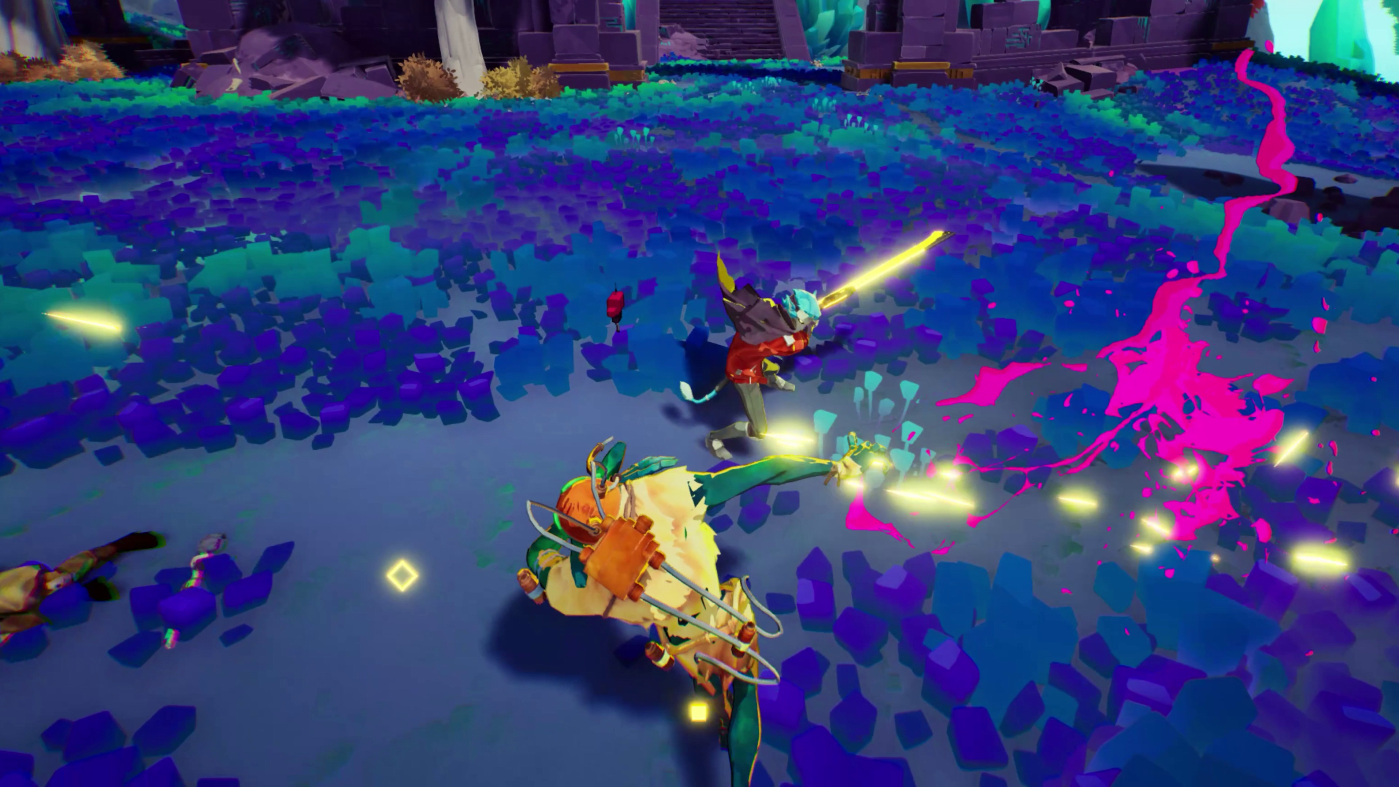Streaming: All of Us Strangers and the best films that revisit childhood
Andrew Haigh’s profoundly moving ghost story follows in a bittersweet line of dramas, from Only Yesterday to Aftersun, in which a character is transported back to their early yearsI tend to be wary of movies talked up as tear-jerkers – going into any film with an expected or prescribed emotional reaction kind of sets the body up to resist. If you’ve heard anything about Andrew Haigh’s All of Us Strangers, it’s probably something along those lines. “This film will destroy you,” a colleague told me before I saw it last summer. (Should we be enticed by such a promise?) But then it did: not aggressively or unpleasantly, but by slow degrees, continuing in the weeks and months after I saw it, the memory of it returning and lingering like a deep bruise when my father died last November.Haigh’s artful, unexpected ghost story, now streamable on Disney+ and elsewhere, sensitively presses on a number of psychological sore points: grief, loneliness and queer anxiety among them. But they’re all bound by that most reliable of sources for cinematic pathos: the adult revisitation of childhood – in this case a literal one, as Andrew Scott’s trauma-burdened protagonist returns to his childhood home in Dorking, only to find his parents – killed in a car crash when he was a boy – living there, seemingly alive and well, practically the same age as he is now. It’s a supernatural leap that enables a rich, anguished reflection on the selves we leave behind as we grow up, and how they might communicate with each other. Would the younger you, to say nothing of your younger parents, recognise the older you? Continue reading...

Andrew Haigh’s profoundly moving ghost story follows in a bittersweet line of dramas, from Only Yesterday to Aftersun, in which a character is transported back to their early years
I tend to be wary of movies talked up as tear-jerkers – going into any film with an expected or prescribed emotional reaction kind of sets the body up to resist. If you’ve heard anything about Andrew Haigh’s All of Us Strangers, it’s probably something along those lines. “This film will destroy you,” a colleague told me before I saw it last summer. (Should we be enticed by such a promise?) But then it did: not aggressively or unpleasantly, but by slow degrees, continuing in the weeks and months after I saw it, the memory of it returning and lingering like a deep bruise when my father died last November.
Haigh’s artful, unexpected ghost story, now streamable on Disney+ and elsewhere, sensitively presses on a number of psychological sore points: grief, loneliness and queer anxiety among them. But they’re all bound by that most reliable of sources for cinematic pathos: the adult revisitation of childhood – in this case a literal one, as Andrew Scott’s trauma-burdened protagonist returns to his childhood home in Dorking, only to find his parents – killed in a car crash when he was a boy – living there, seemingly alive and well, practically the same age as he is now. It’s a supernatural leap that enables a rich, anguished reflection on the selves we leave behind as we grow up, and how they might communicate with each other. Would the younger you, to say nothing of your younger parents, recognise the older you? Continue reading...






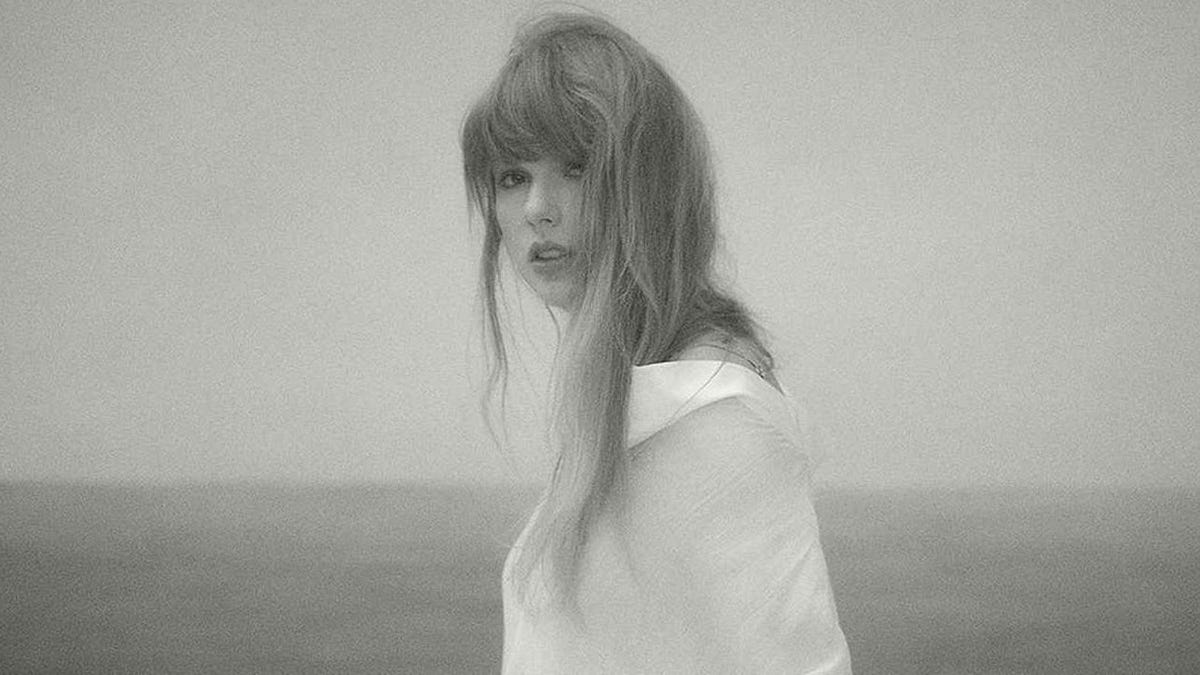
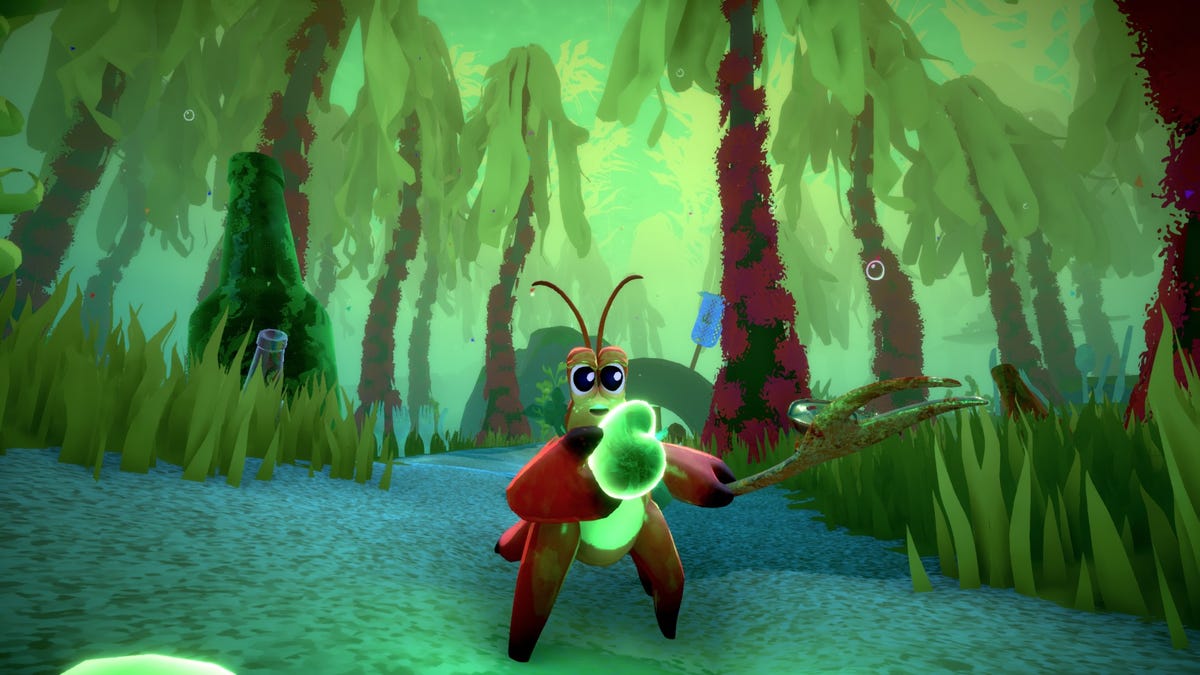
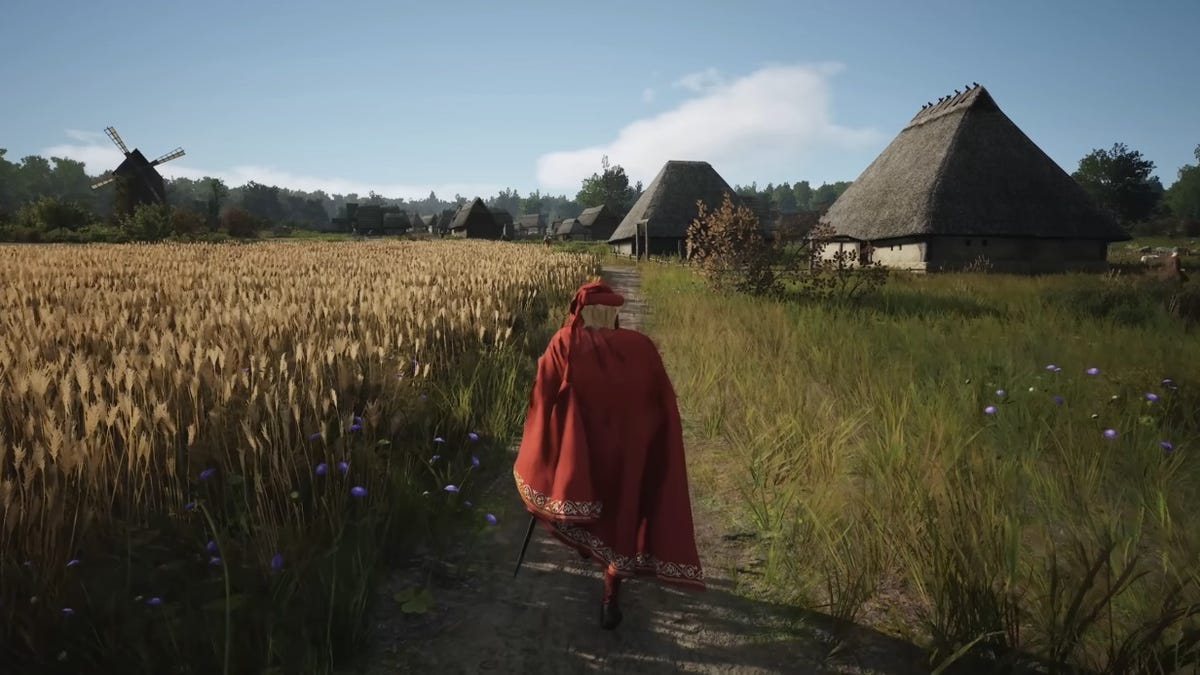

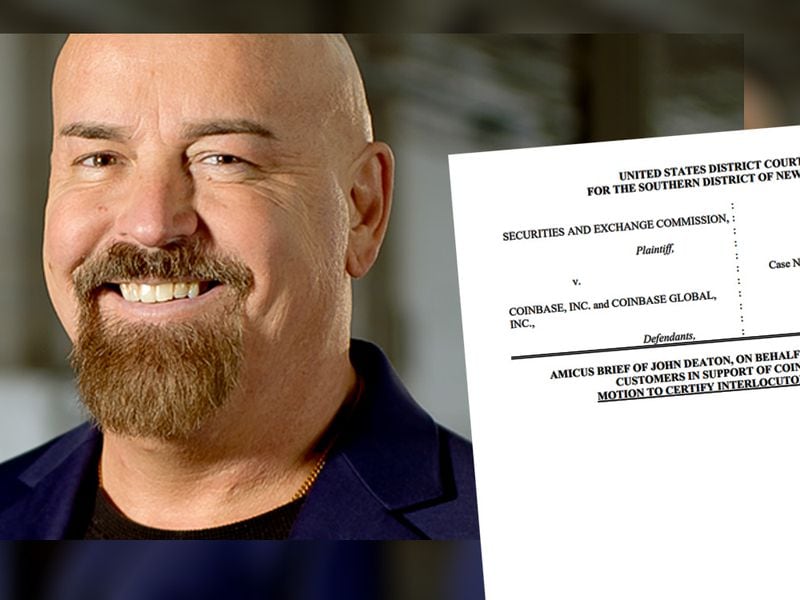
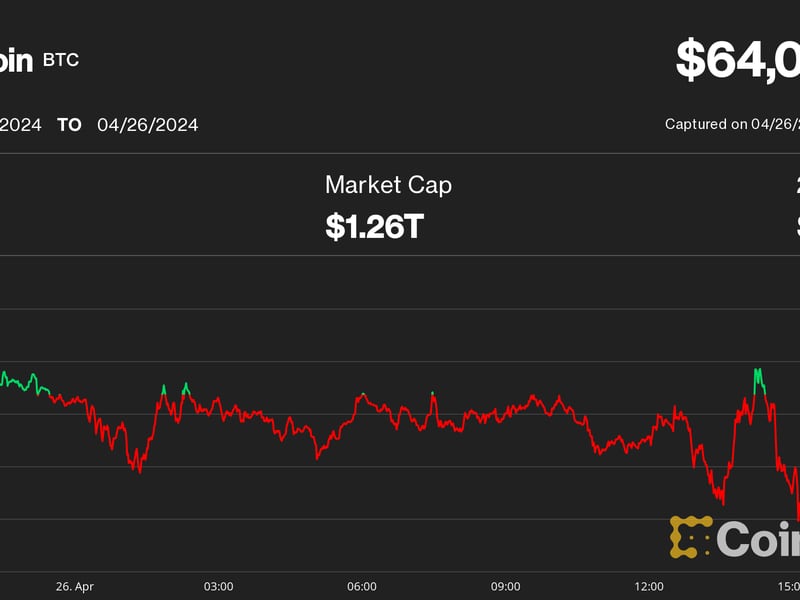
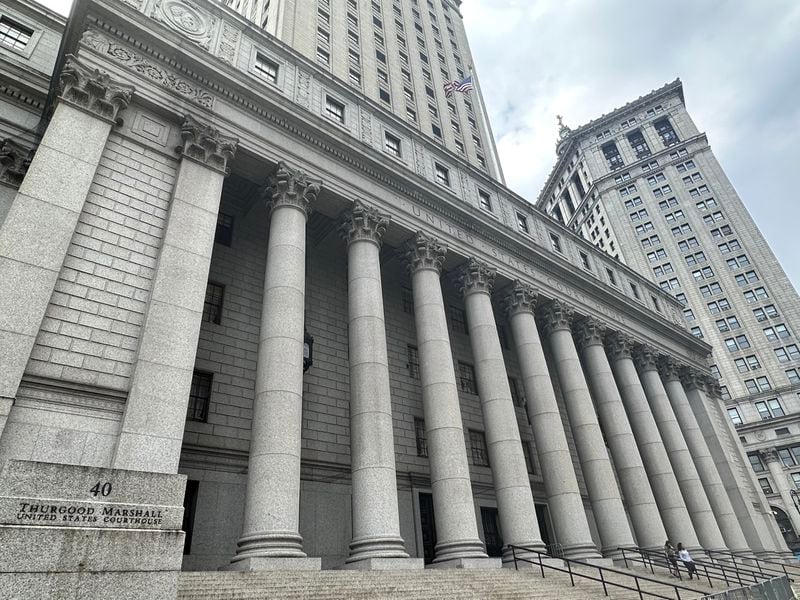


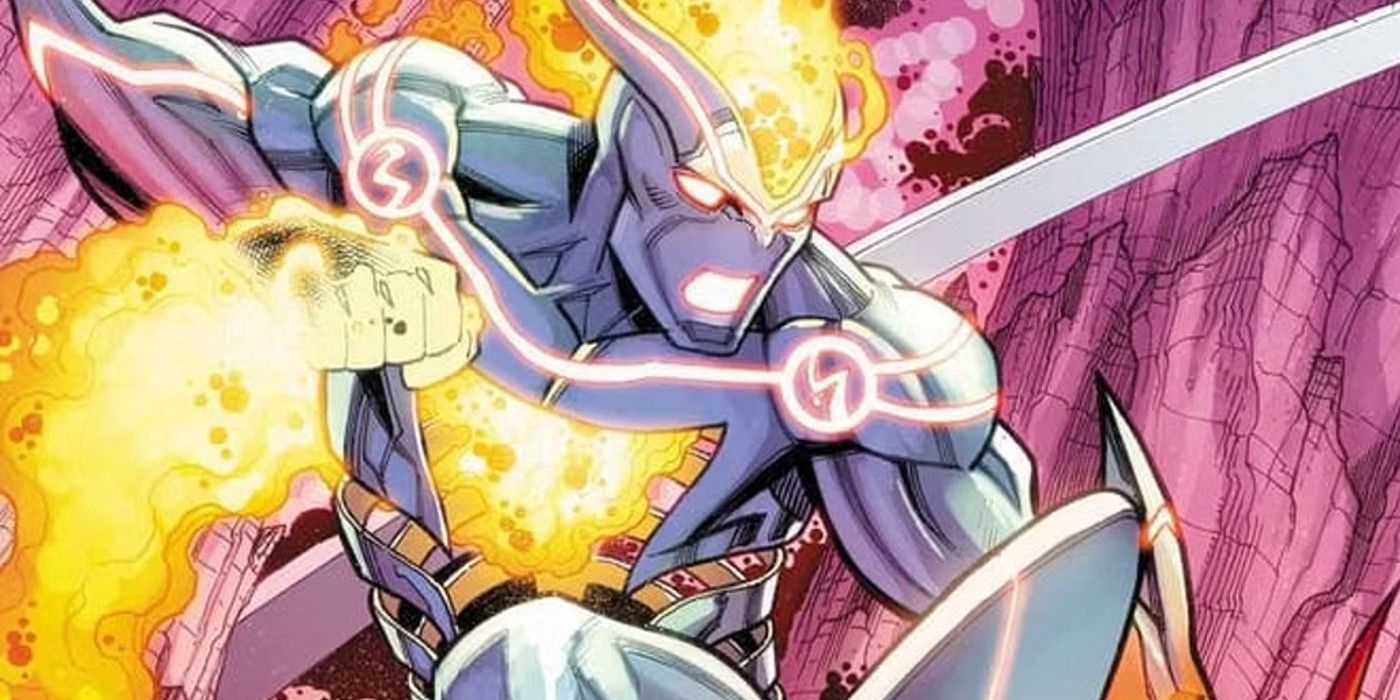
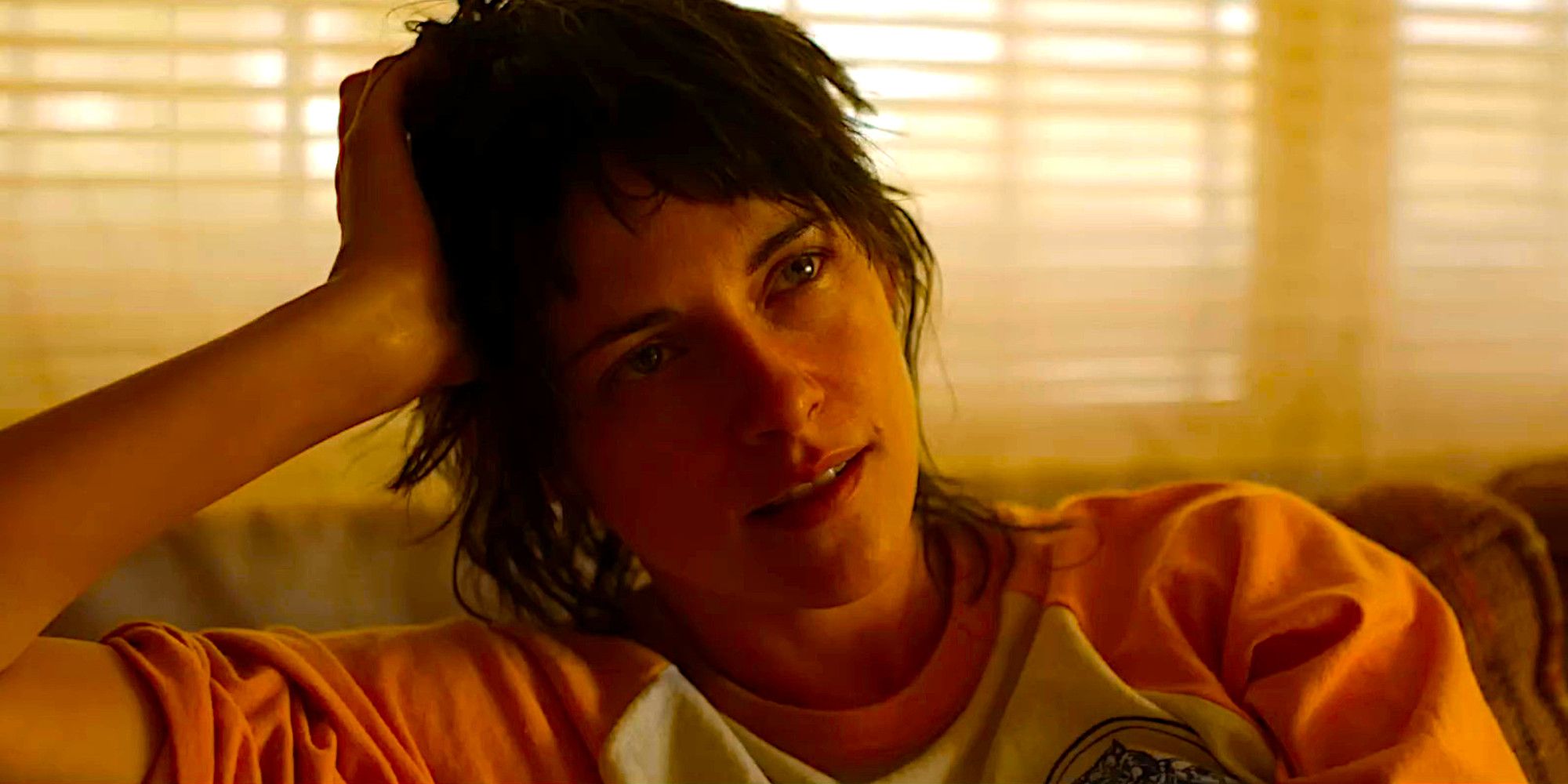
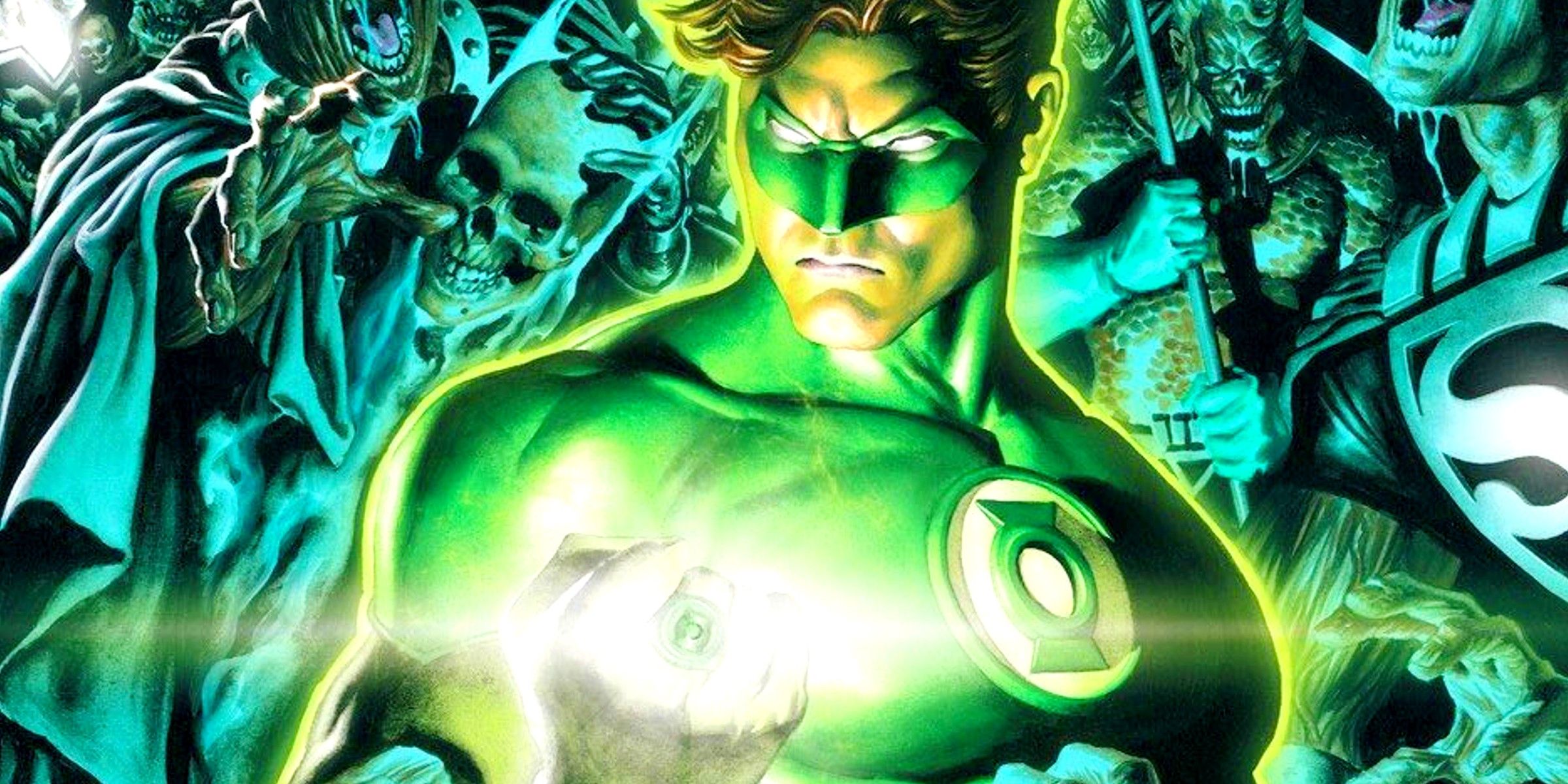

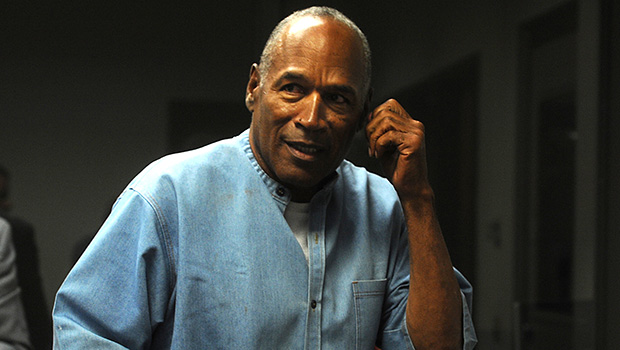
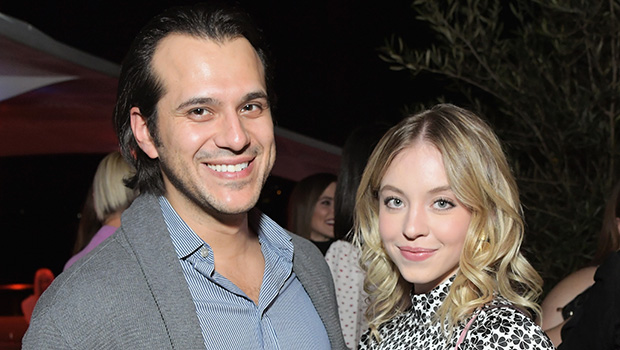
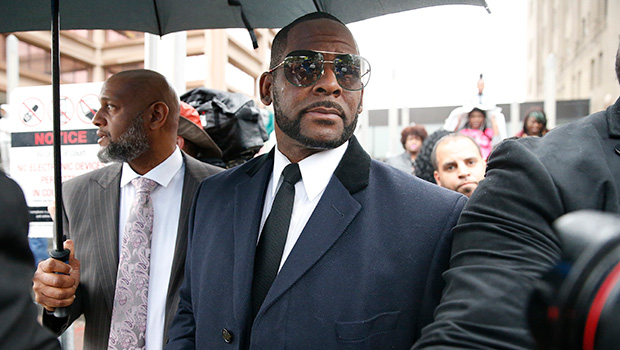

:quality(85):upscale()/2024/04/26/982/n/1922153/8d335f32662c2c043fb6c4.70262393_.jpg)





